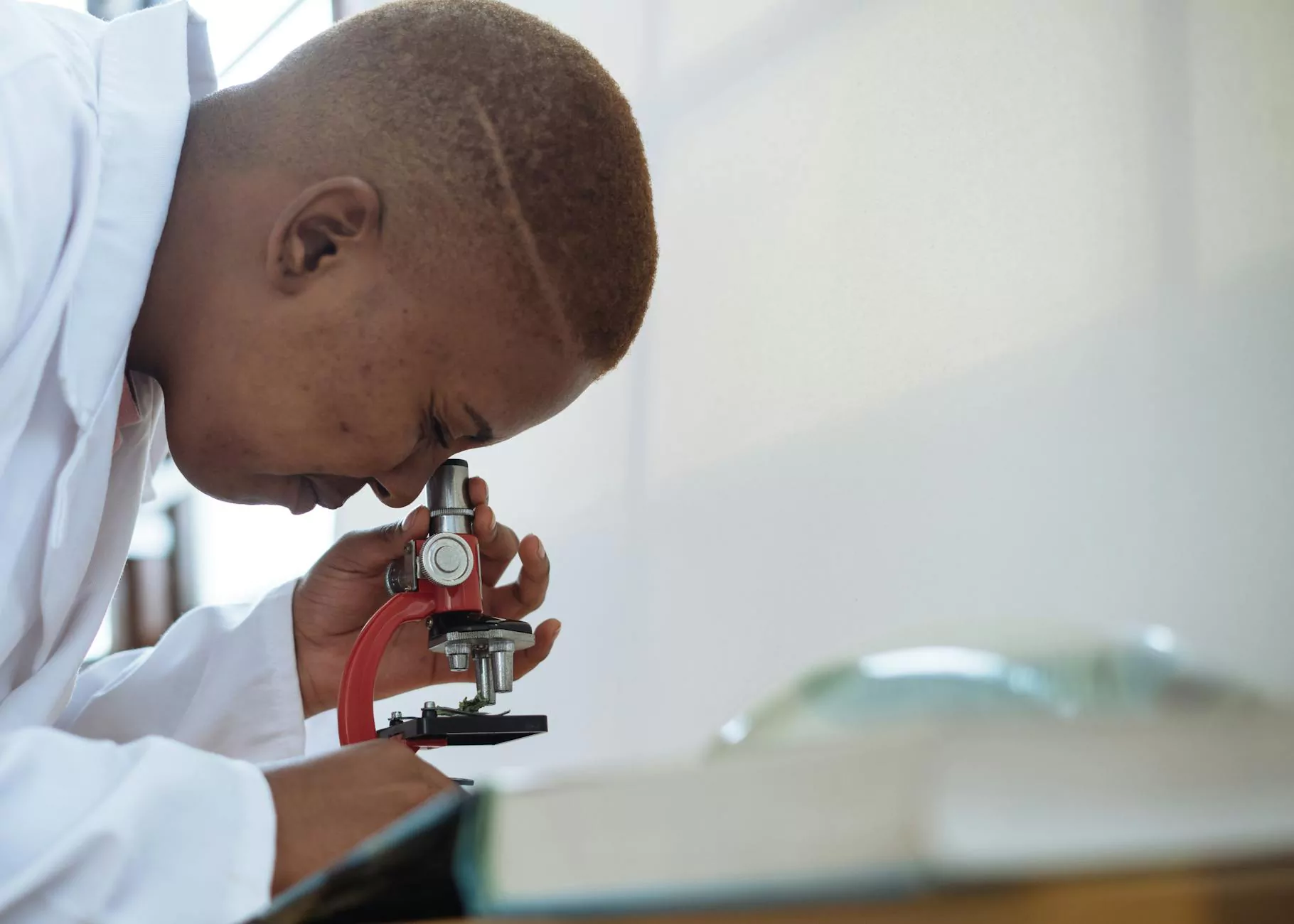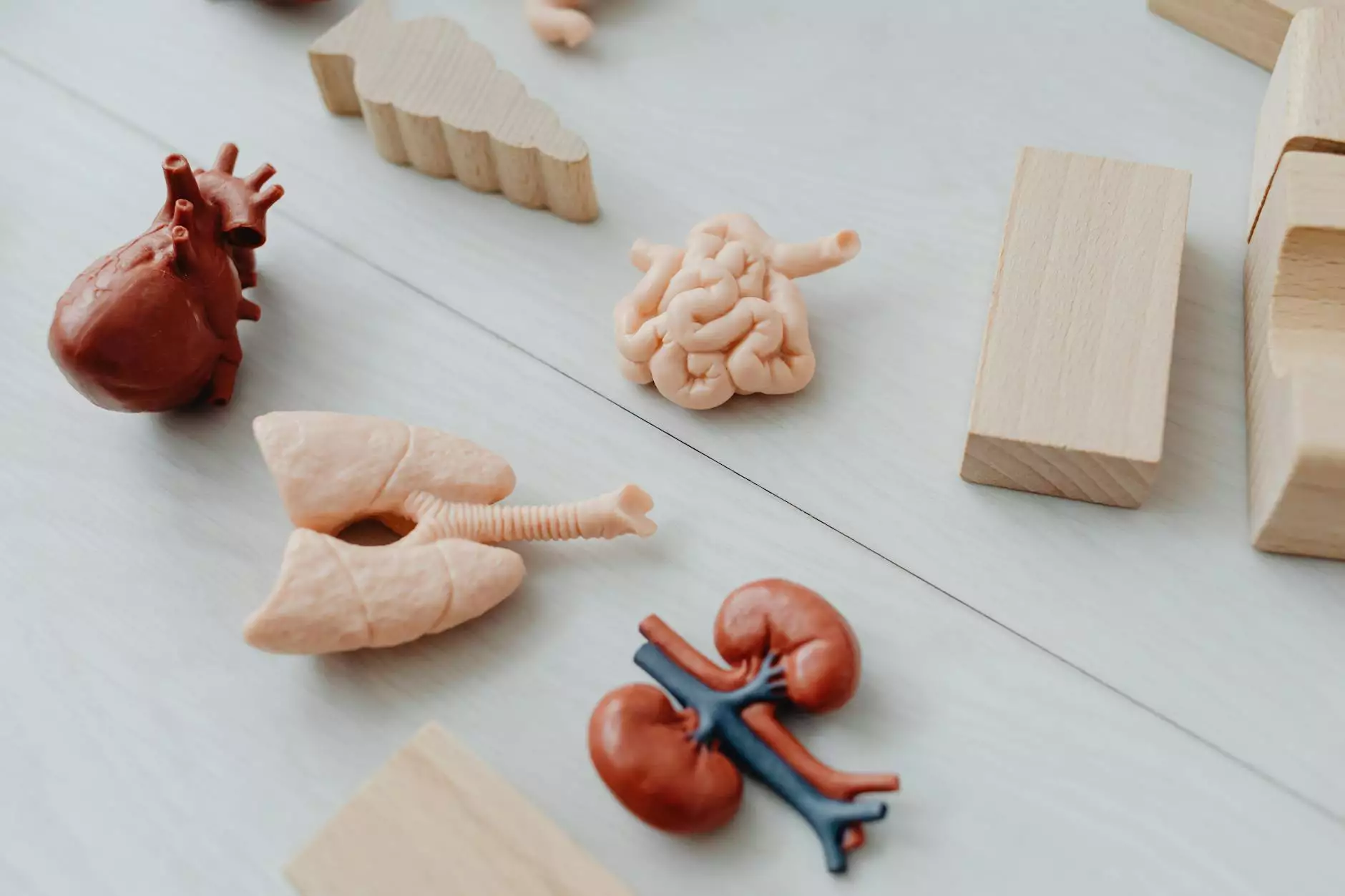Lung Cancer CT Scan: Comprehensive Insights and Importance in Diagnosis

Lung cancer is one of the most prevalent forms of cancer worldwide, making early detection crucial for effective treatment. One of the most powerful tools in the diagnosis and management of lung cancer is the CT scan (Computed Tomography scan). This article delves into the significance of lung cancer CT scans, the technology behind them, and how they contribute to health and medical advancements.
Understanding Lung Cancer and Its Impact
Lung cancer is primarily categorized into two types: Non-Small Cell Lung Cancer (NSCLC) and Small Cell Lung Cancer (SCLC). NSCLC accounts for approximately 85% of lung cancer cases, making its detection and treatment vital.
Symptoms of Lung Cancer
- Persistent cough
- Chest pain
- Shortness of breath
- Weight loss
- Coughing up blood
Understanding the symptoms is the first step towards seeking medical help. However, many of these symptoms can be indicative of other conditions, which is why imaging tests like CT scans are essential.
The Role of CT Scans in Lung Cancer Diagnosis
A lung cancer CT scan plays a pivotal role in diagnosing lung cancer. CT scans provide detailed images of the lungs, allowing for the early detection of abnormalities that may suggest cancer.
How CT Scans Work
Computed Tomography (CT) combines X-ray images taken from different angles and uses computer processing to create cross-sectional images of bones, blood vessels, and soft tissues inside the body. CT scans are more detailed than traditional X-rays and can help in:
- Detecting small tumors that may not be visible in standard X-rays.
- Assessing the size and location of the tumor.
- Determining whether cancer has spread to lymph nodes or other organs.
When is a Lung Cancer CT Scan Recommended?
Healthcare providers typically recommend a CT scan for lung cancer screening if you meet specific criteria:
- Age 50 years or older.
- A history of heavy smoking (20 pack-years or more).
- Current smoker or have quit smoking within the last 15 years.
The National Comprehensive Cancer Network (NCCN) guidelines suggest annual screening with low-dose CT scans for high-risk individuals. This proactive approach can significantly enhance the chances of early cancer detection.
Benefits of Lung Cancer CT Scans
The benefits of using CT scans as a diagnostic tool for lung cancer are manifold:
1. Early Detection
Studies have shown that low-dose CT scans can reduce lung cancer mortality by detecting cancer at an earlier stage when treatment is more likely to be successful.
2. Enhanced Diagnostic Accuracy
With superior precision, CT scans can identify even the smallest changes in lung tissue, leading to more accurate diagnoses compared to standard X-rays.
3. Non-invasive Procedure
CT scans are non-invasive and generally safe. While they do involve exposure to some radiation, the benefits of early cancer detection often outweigh the potential risks.
Risks and Considerations
Despite their many advantages, there are some risks and considerations to keep in mind regarding lung cancer CT scans:
- Radiation Exposure: Although the radiation dose from a CT scan is relatively low, it is still higher than that of a standard X-ray.
- False Positives: CT scans may sometimes show abnormal areas that could be mistaken for cancer, leading to unnecessary anxiety or further testing.
- Cumulative Risks: Considering multiple scans over the years can contribute to increased radiation exposure.
Preparing for a Lung Cancer CT Scan
Preparation for a lung cancer CT scan is generally straightforward. Here are some important guidelines:
- Inform your doctor of any medications you are taking.
- Avoid food or drink for a few hours prior to the procedure if your doctor advises it.
- Wear comfortable clothing, and remove any metal items, such as jewelry, that may interfere with image quality.
After the CT Scan: Following Up
Once the CT scan is completed, the images will be reviewed by a radiologist who will analyze the results and provide a report to your healthcare provider. It’s important to follow up with your doctor to discuss your results and any further actions, if necessary.
Possible Next Steps
- If cancer is detected, your doctor will discuss staging and potential treatment options.
- In the case of inconclusive results, additional tests like biopsies may be recommended.
- Regular follow-up scans may be required to monitor existing tumors or assess the effectiveness of treatment.
The Importance of a Comprehensive Approach
While lung cancer CT scans are critical, they are part of a broader framework of diagnosis and treatment that includes:
- Patient history review
- Physical examinations
- Other imaging tests (like PET scans or MRIs)
- Lung function tests
A comprehensive approach helps healthcare professionals develop a tailored treatment plan that is specific to the individual patient’s needs.
Advances in CT Scan Technology
Advancements in technology continue to improve the effectiveness of lung cancer CT scans. Some significant innovations include:
1. Low-Dose CT Scans
Low-dose CT scanning significantly reduces radiation exposure while still providing high-quality images essential for accurate diagnosis.
2. Artificial Intelligence Integration
Emerging AI technologies are helping radiologists analyze CT images more accurately, improving detection rates and reducing the chances of false positives.
Living a Healthy Life After Diagnosis
A lung cancer diagnosis can be overwhelming, but it's essential to focus on maintaining a healthy lifestyle. Here are some tips:
- Engage in regular physical activity.
- Follow a balanced diet rich in fruits, vegetables, and whole grains.
- Avoid tobacco and limit alcohol consumption.
- Stay informed and actively participate in treatment decisions with your healthcare team.
Staying proactive in managing your health can lead to better outcomes and overall well-being.
Conclusion
The lung cancer CT scan is a vital diagnostic tool in the fight against lung cancer, enabling early detection and improved survival rates. With ongoing advancements in technology and an emphasis on comprehensive care, patients can look forward to better management options and a focus on preventive measures.
At HelloPhysio.sg, we are dedicated to providing exceptional health and medical care, including sports medicine and physical therapy, to support you on your path to recovery. Understanding the significance of tools like lung cancer CT scans enables us to facilitate better health outcomes, fostering a community that values wellness and proactive healthcare.








